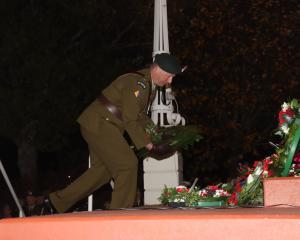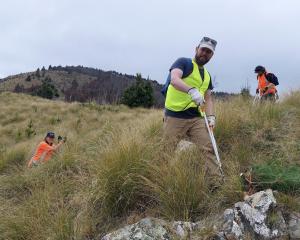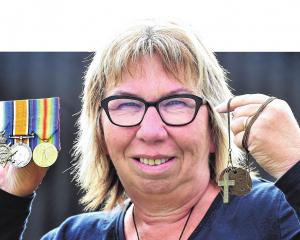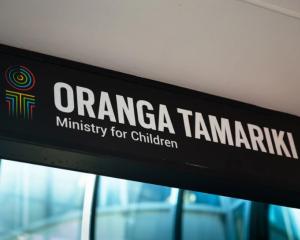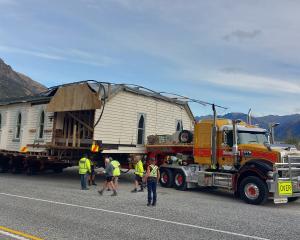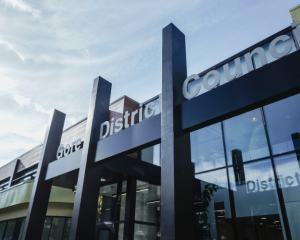
The Waimea Landscape Preservation Society is seeking to overturn the April decision of independent commissioners Dean Chrystal, of Christchurch, Reginald Proffit, of Gisborne, and Bonnie Mager, of Invercargill, who granted the resource consent to build a cable-stay bridge across the Mataura River at Gore.
The bridge will allow pedestrian and cycle access across the river and will also carry water pipes.
Society chairman David Gray said an Environmental Legal Assistance Fund application was declined at the end of last week.
‘‘[Society] members are going to fund it where they can and we’re going to still try and fundraise and hopefully get some community support,’’ Mr Gray said.
The group had made an application to the fund for $50,000.
It was expected the appeal would cost between $75,000 and $100,000.
While it was disappointing not to receive legal assistance it was important the society continued to appeal the decision.
‘‘It’s going to destroy our view of the valley and the Hokonuis and the mountains,’’ Mr Gray said.
‘‘In heavy winds the noise will be horrendous.’’
In the letter declining the application, Ministry for the Environment legal and procurement director Kirsty Millard said the panel had decided that although the application might relate to an outstanding natural feature under section 6 of the Resource Management Act, the application was not of national or regional significance.
‘‘The panel note that the issue is primarily local in terms of the scale and significance of potential adverse effects.’’
The panel noted the Hokonui Runanga remained neutral in relation to the issue and iwi were not involved.
This indicated ‘‘the case does not relate to the relationship of Maori and their culture and traditions with their ancestral lands, water, sites, wahi tapu, and other taonga’’.
The panel considered the group was well-organised and likely to have access to private resources.

